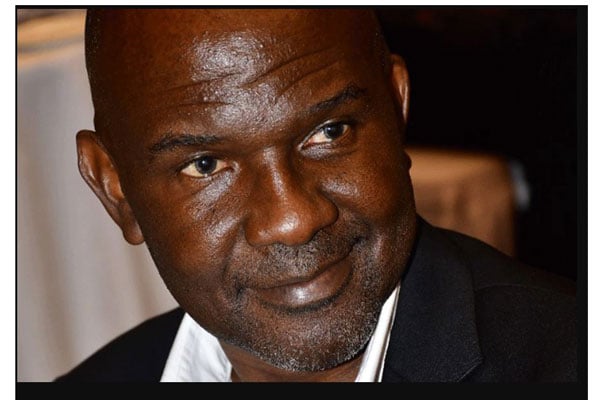Prime
Shall we hit the reset button?
What you need to know:
- Different Uganda. Shall the current pandemic propel us into some kind of sociocultural reform if not revolution, to think of our citizen duties and desires differently and act in ways that can give us a different Uganda tomorrow?
Even out of the worst of human tragedies comes something worthwhile that helps move a society forward.
It is still very early days, no one knows where the current pandemic is taking us or the ultimate impact it is likely to create or leave behind.
We simply do not know. As I argued here last week, even the best of statistical modelling can, at best, only make rough guesses and probabilistic projections that in due course of time, may wind up either as underestimates or exaggerations.
Whatever the actual end to the coronavirus pandemic, the world might never be the same again, at least in terms of how we perceive our collective problems and the attendant solutions. Major shocks and disturbances like this pandemic have a way of redefining the terms of engagement and sending actors to the drawing board to rethink what they thought they knew or what they construed as settled questions.
Dealing with the after effects of a major technological breakthrough or a large scale social crisis or a large political catastrophe can propel the wheels of revolutionary change that upends an established status quo. At the international system level, this was the case with the two World Wars, the end of the Cold War and invention of the Internet, all in the last century.
At the national level in Uganda, the post-Covid-19 pandemic era will be an opportune time to think of resetting the button, to reimagine a different country, away from the current system of greed, institutionalised incompetence and endemic corruption.
The onus will be primarily on the rulers, but also on all Ugandans to see through the folly of continuing with the old business, for the rulers who are engaged in a perilous pursuit of power and the masses, who acquiesce to the misrule that greatly imperils the future of the country.
One of the most widely talked about topic on social media in the past weeks is the fact that our rulers are now unable to fly to India or Germany for specialised and privileged medical care which is unavailable at home.
For years, the government has spent enormous resources, taxpayers’ money to be sure, treating politicians and bureaucrats abroad when the national healthcare infrastructure remains shambolic, underresourced and grossly neglected.
Alternatively, private Ugandans seeking healthcare abroad spend heftily, using personal funds or those accumulated using public offices or political connections.
They would spend far less getting such services at home and would not have to give away vital foreign exchange resources to the benefit of the countries they go seeking treatment for conditions that would well be managed at Mulago National Referral Hospital with a little investment.
But now that the world is in lockdown, the privilege of getting treatment abroad on taxpayers’ dime (perhaps complete with a presidential jet) or the luxury of spending one’s resources to be treated in Germany, is out of reach.
Cause for pause and reflection.
More importantly, will Covid-19 hit a reset button to rethink our politics and the social fabric that makes up the country called Uganda?
For anyone who deeply cares about the current and future of Uganda, it is difficult not to see that we have a broken political system, a system that is administratively unviable for the long-term and a mode of governing that is untenable for the near future. I have made the case here before and it is one that requires little belabouring.
The current rulers need introspection, to see the current treacherous path and realise things cannot go on like this, not with all the mounting social pressures driven especially by demographic shifts, the misguided economic policies that pulverise majority Ugandans and the arrogance of power that allows little room for dialogue and constructive engagement.
At the societal level, the rulers can do whatever they want, but only to the extent that we as citizens grant them the latitude. In many ways, the conduct of the rulers mirrors our collective national psyche, our attitudes and proclivities towards what we perceive to be our shared values, goals and aspiration.
Shall the current pandemic propel us into some kind of sociocultural reform if not revolution, to think of our citizen duties and desires differently and act in ways that can give us a different Uganda tomorrow?
Khisa is assistant professor at North Carolina State University (USA).
[email protected]




